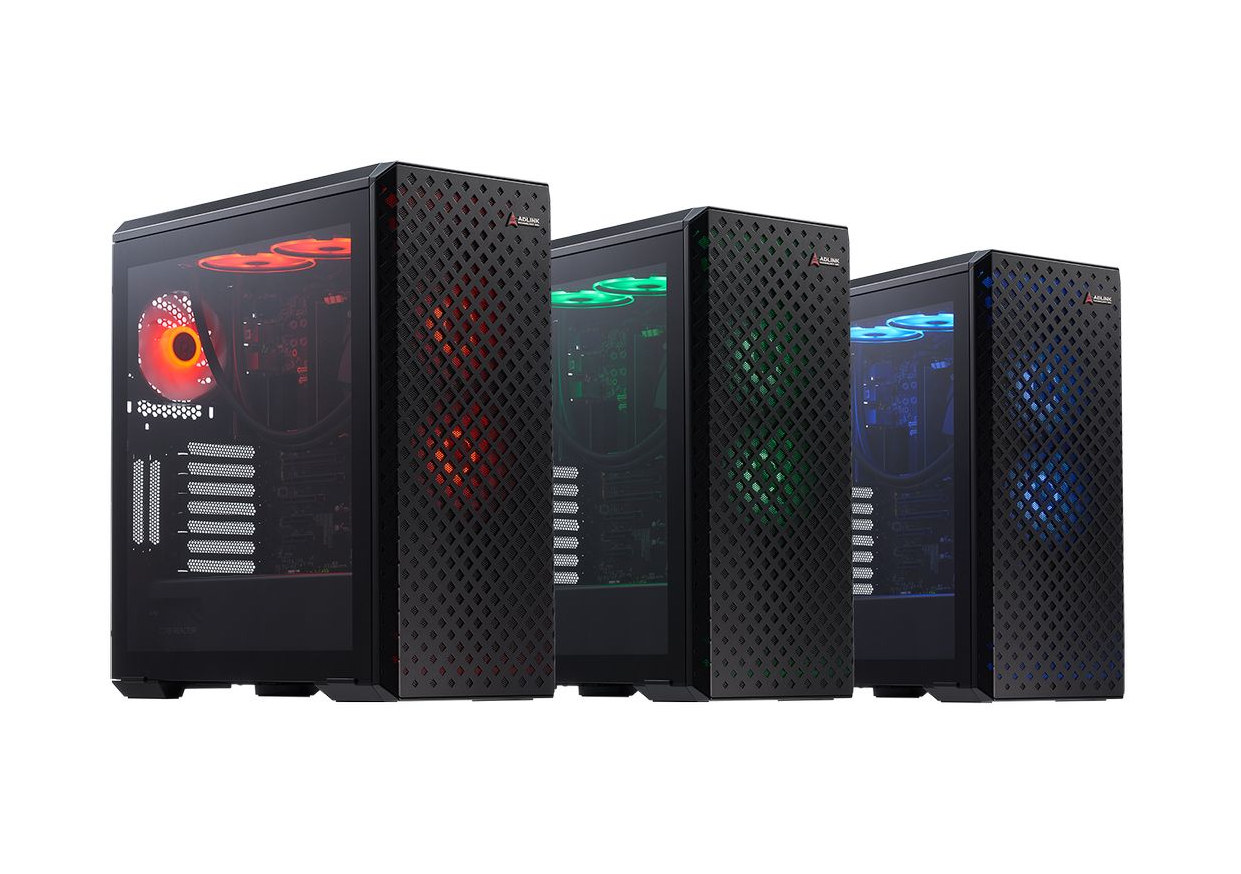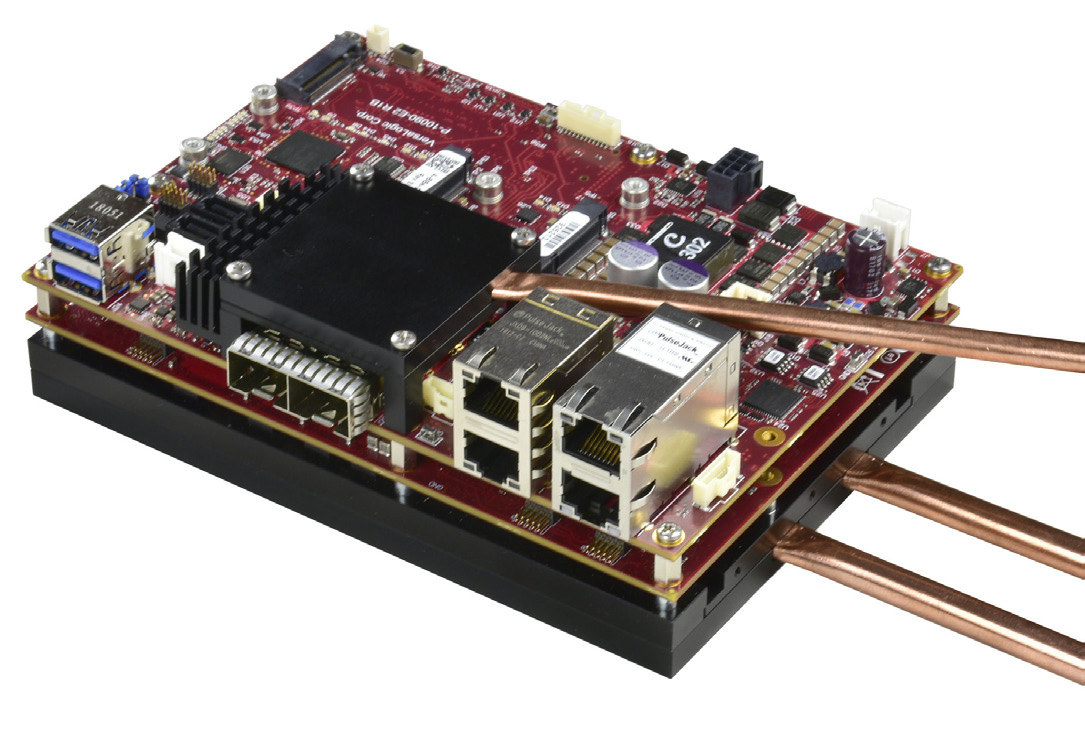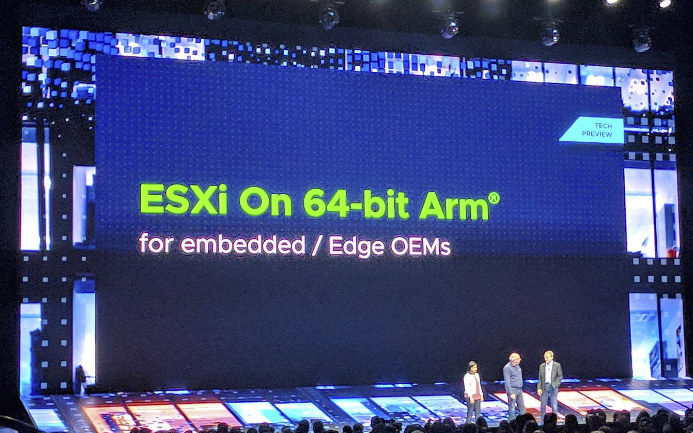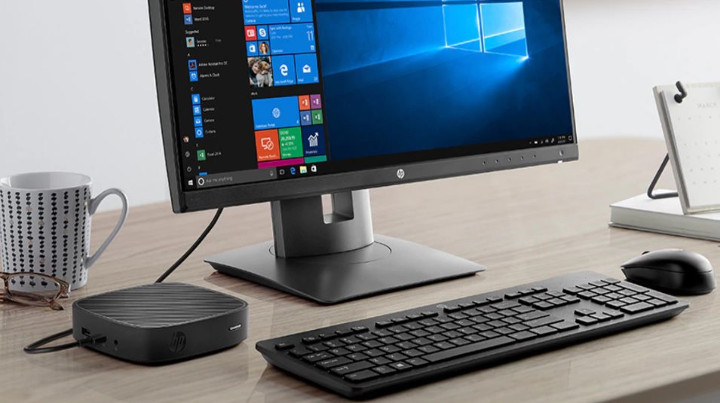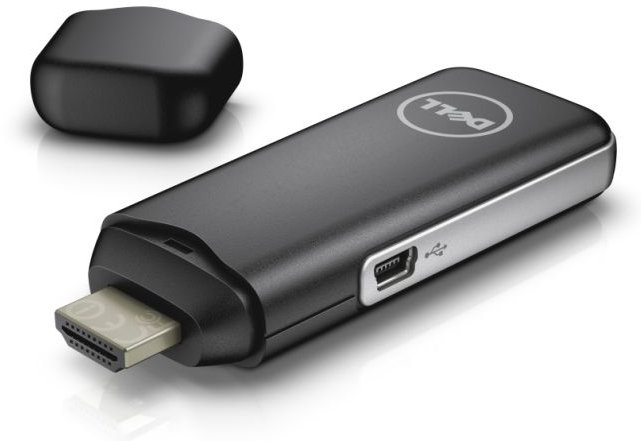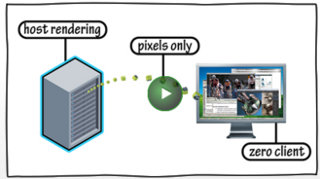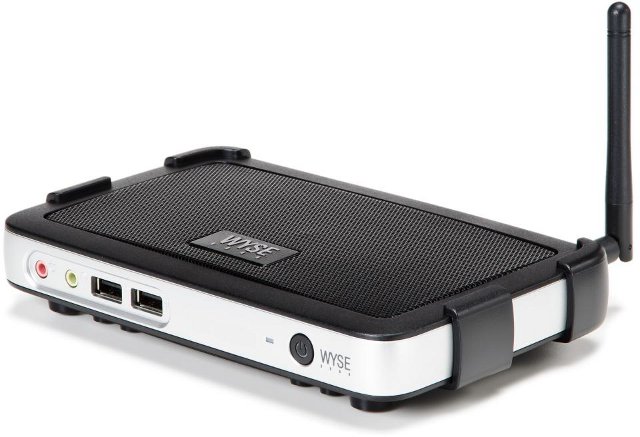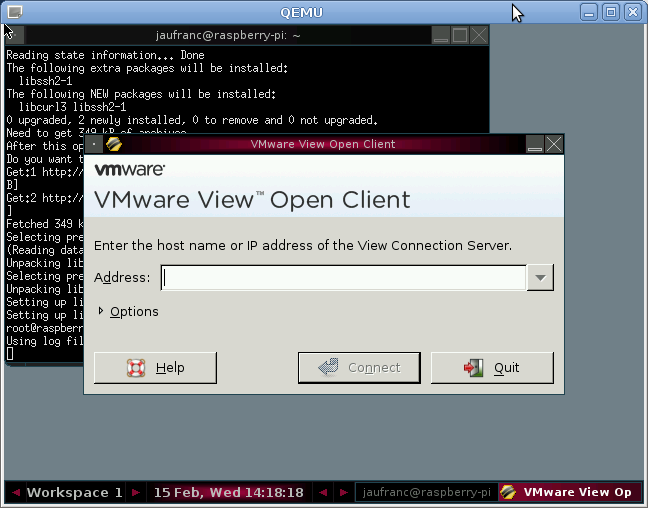ADLINK has just announced the availability of the Arm SystemReady SR-certified Ampere Altra Developer Platform equipped with the company’s COM-HPC Ampere Altra module with 32 to 80 64-bit Arm Neoverse N1 cores, 32GB to 128GB RAM. An adaptation to the earlier AVA Developer Platform expected to sell for $5,450, the Ampere Altra Developer Platform got a price cut to $3,999 at launch for a system with a 32-core processor, and 32GB DDR4. The system targets software developers wanting to build cloud-to-edge applications using standardized Arm hardware. Ampere Altra Developer Platform specifications: SoM – COM-HPC Ampere Altra module with Ampere Altra 32 to 80-core 64-bit Arm Neoverse N1 processor up to 1.7/2.2/2.6 GHz (32/64/80 cores, TPD: 60W to 175W), 32 GB to 128GB DDR4 ECC memory Storage – 128 GB NVMe M.2 SSD Mainboard – COM-HPC Server Base carrier board Video – VGA port Audio – 3.5mm audio jack Networking 1x […]
Versalogic Grizzly Embedded Server Board is Powered by a 16-Core Intel Atom C3958 Processor
Launched in 2016, Intel Atom Denverton processors are usually found in motherboards for low power servers hosted in data centers as well as in network appliances. But Versalogic Grizzly embedded server board fitted with the 16-core Atom C3958 Denverton processor aims specifically at embedded systems with applications ranging from smart-grid, and smart-city applications, to transportation, security, and defense operations. Versalogic Grizzly (VL-ESU-5070) key features and specifications: Processor – Intel C3958 16-core Denverton server-class processor @ 2.0 GHz System Memory – 4x SO-DIMM sockets for up to 128 GB DDR4 of ECC memory Storage – 2x SATA 3 ports, bootable mSATA socket, bootable M.2 NVMe SSD socket Networking – 2x 10GbE SFP+ ports (copper or fiber), 4x Gigabit Ethernet ports Video output – None, but optional VGA/LVDS mini PCIe card available Audio – No on-board audio, but optional VL-ADR-01 audio interface available USB – 2x USB 3.0 host ports Serial – […]
VMWare Showcases ESXi Bare Metal Hypervisor Support for ARM64 Edge Servers
As I checked my Twitter timeline in Thunderbird this morning, I started to see a lot of tweets about #VMworld2018 and “ESXi on 64-bit Arm”. What is that? VMWare has just announced and showcased several technology innovations at VMworld 2018, including Virtualization on 64-bit ARM for Edge, and the company demonstrated ESXi on 64-bit ARM running on a windmill farm at the Edge. It may be useful to readers (and this writer) to look up what ESXi is and does exactly. As explained on VMWare website: VMware ESXi is a purpose-built bare-metal hypervisor that installs directly onto a physical server. With direct access to and control of underlying resources, ESXi is more efficient than hosted architectures and can effectively partition hardware to increase consolidation ratios and cut costs for our customers. So basically it’s an hypervisor that stays a close as possible to the hardware to keep performance optimal, and […]
HP t430 Thin client Works with a Single USB Cable
Gemini Lake mini PCs are starting to sell and ship, and from the look of it, HP t430 appears to be yet another Gemini Lake mini PC based on an Intel Celeron N4000 processor. But the device is actually a thin client that has been designed to work with a single USB type C cable for power, video and audio. HP t430 specifications: SoC – Intel Celeron N4000 dual core processor @ 1.1 GHz / 2.4 GHz with Intel UHD Graphics 600 System Memory – Up to 4GB DDR4 RAM Storage – 16 GB to 32 GB Flash memory Display – HDMI, DisplayPort 1.2, USB type C DisplayPort Alt-mode Audio – Headphone/microphone mini-jack Networking – Gigabit Ethernet, and WLAN USB – 3x USB type A ports, 1x USB type C (DisplayPort 1.2, USB 3.1, charging) Misc – Power button, Kensington lock Power Supply – 19V DC, 45 W, worldwide auto-sensing, 100-240 […]
Dell Wyse Cloud Connect Android mini PC is Now Available for $129
Dell unveiled Project Ophelia about a year ago, and has now officially launched the product under the name Wyse Cloud Connect for $129. The device runs Android, but is mostly different from all the Chinese HDMI sticks thanks to its enterprise-oriented firmware that supports Wyse Cloud Client Manager software-as-a-service (SaaS), PocketCloud software, as well as Citrix Receiver, VMware Horizon View client, and Microsoft RDP protocol for remote desktops. Wyse Cloud Connect specifications: SoC – Multi-core ARM CortexA9 System-on-Chip (SoC). Last year’s prototype was said to use Rockchip RK3066, but it may have changed since then. System Memory – 1GB RAM Storage – 8GB NAND Flash + micro SD card slot (up to 64 GB) Video Output – HDMI with MHL, DisplayPort Connectivity – Dual band Wi-Fi 802.11 a/b/g/n, Bluetooth 3.0 USB – 1x USB mini for peripherals (keyboard/mouse), 1x Micro USB host port / external power input Power – Micro […]
Teradici Announces PCoIP Tera2 Host and Zero Client Processors
Earlier this year, I discovered PCoIP (PC over IP) , a remote desktop protocol that provides basically the same functionality as VNC or RDP, but promises better performance on low end hardware by using different compression methods depending on the content on the display. Teradici, the company behind this technology, has today announced its next-generation Tera2 processors specifically designed to handle PCoIP by hardware: TERA2220 dual display host processor – 150 Mpps (Megapixels per seconds), supports up to two displays at 1920×1200 resolution, or one at 2560×1600. TERA2240 quad display host processor – 300 Mpps, supports up to four displays at 1920×1200 resolution, or two at 2560×1600. TERA2321 dual display zero client processor TERA2140 quad display zero client processor Both Tera2 host processors include advanced security features such as AES-256 and NSA Suite B security protocols, and are capable of refreshing the full display at up to 60fps. Tera2 PCoIP zero client […]
Wyse T10: Thin Client Powered By Marvell ARMADA 510 SoC
Wyse Technology has announced a new thin client: the Wyse T10 running Wyse zero framework (aka ThinOS), powered by Marvell ARMADA 510 SoC (ARM v7 core) and supporting virtualization solutions by Citrix, VMWare, Marvell, Microsoft and Quest Software. This is the second device based on Marvell 510 SoC after the Wyse T50 announced last year running Wyse enhanced Ubuntu Linux. The company claims the Wyse T10 is the first platform in the industry to include Wyse optimized versions of the Citrix Receiver and Microsoft Remote Desktop Protocol (RDP) 7.1 technologies, leveraging 2D hardware acceleration capabilities of Marvell ARMADA 510 SoC. This optimized 2D graphics remoting stack enables high-end features such as HD video, dual monitor connectivity and L-shaped desktop support, features that are usually only supported by more powerful Intel/AMD x86 clients. The following virtualization solutions are supported: Citrix XenDesktop 5.5 VMware View Microsoft Remote Desktop Services (RDS) Quest vWorkspace […]
Cross-compiling VMWare View for ARM Linux (in Debian/Ubuntu)
Earlier this month, I wrote an article about PCoIP Technology which shows an Android application (VMWare View) running on an OMAP4 Tablet displaying a Windows 7 desktop. This remote desktop technology relies on a powerful server to do the processing and thin clients (in that case Tablets) to display the desktop. Since only pixels are transferred any OS (supported by the server) could be displayed in the thin client. That made me wonder if there was an open source PCoIP client that could run on low end Linux client such as the Raspberry Pi. VMWare View Open Client provides just what we need, but is only available in source code so we need to cross-compile it for ARM or build it in an ARM machine. Today, I’ll show the instructions I followed to cross-compile it for ARM in Debian using Emdebian Toolchain. First download and extract VMware View Open Client […]


